
Academic and Research Cooperation (Model)
TAItech-HAWtech Alliance: Strong collaboration through practical technical and vocational education
TAItech-HAWtech Alliance: Strong collaboration through practical technical and vocational education
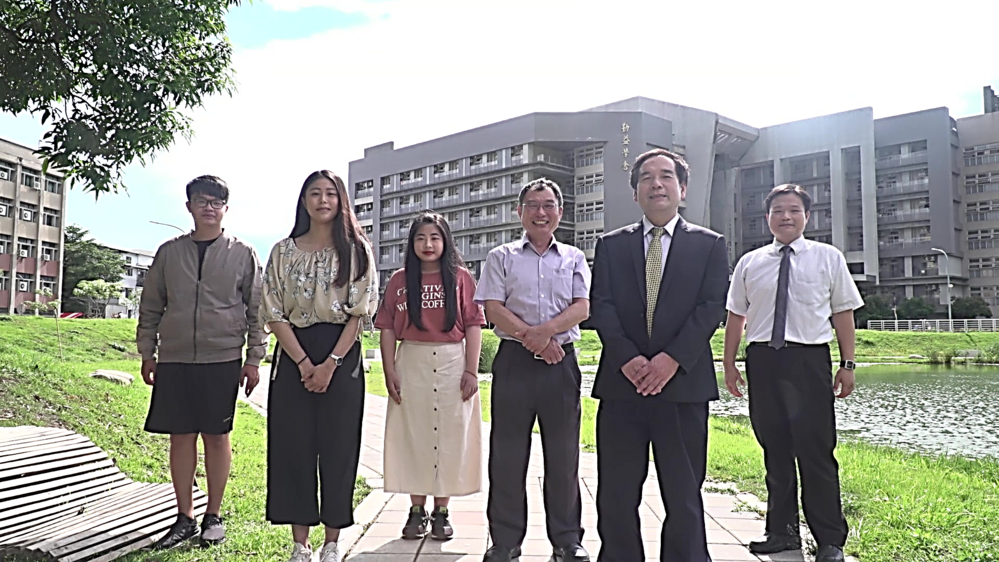
2017 marked the launch of the Taiwan-Germany University of Science and Technology Alliance (hereinafter referred to as the “TAItech-HAWtech Alliance”). In the Alliance’s second year, 72 teachers and students from Taiwan traveled to Germany for educational exchange, with 12 German students arriving in Taiwan. These impressive and substantive exchanges between Taiwan’s TAItech Alliance and Germany’s HAWtech Alliance provide a useful example of pragmatic and systematic exchange in technical and vocational education.
Strategic alliances among universities have existed for many years and in diverse forms. This type of active collaboration allows institutions to effectively leverage their resources and create new opportunities. With the development of globalization and transnational collaboration, domestic university alliances have expanded abroad to establish system-to-system links. One example can be found in the TAItech-HAWtech Alliance. On the Taiwan side, the TAItech alliance was established in 2017 among six universities including National Formosa University, National Kaohsiung University of Science and Technology, National Yunlin University of Science and Technology, National Chin-Yi University of Technology, National Taipei University of Technology, and National Taiwan University of Science and Technology. This alliance subsequently established an international alliance with Germany’s HAWTech system.
The German HAWtech Alliance was established in 2009 by six of that country’s most prominent universities of applied science and technology: Aachen University of Applied Sciences, Berlin University of Applied Sciences, Darmstadt University of Applied Sciences, Dresden University of Applied Sciences, Esslingen University of Applied Sciences and Karlsruhe University of Applied Sciences. In July 2017, Dr. Marcus Maumann, President of the HAWtech alliance, visited Taiwan at the invitation of the Ministry of Education and signed a memorandum of understanding to establish the alliance with Dr. Liao Ching-Jong, President of National Taiwan University of Science and Technology and chairman of the TAItech Alliance.
“Starting the coming year, we will be implementing this collaboration”, said the President of National Chin-Yi University of Technology, Chen, Wen-Yuan, who serves as chairman of the TAItech Alliance. In March 2019, the two parties held the first HAWtech-TAItech Roundtable Meeting at National Chin-Yi University of Technology. The conference produced a signed MOU covering student exchanges, corporate internships, research collaboration, summer schools and short-term study programs.
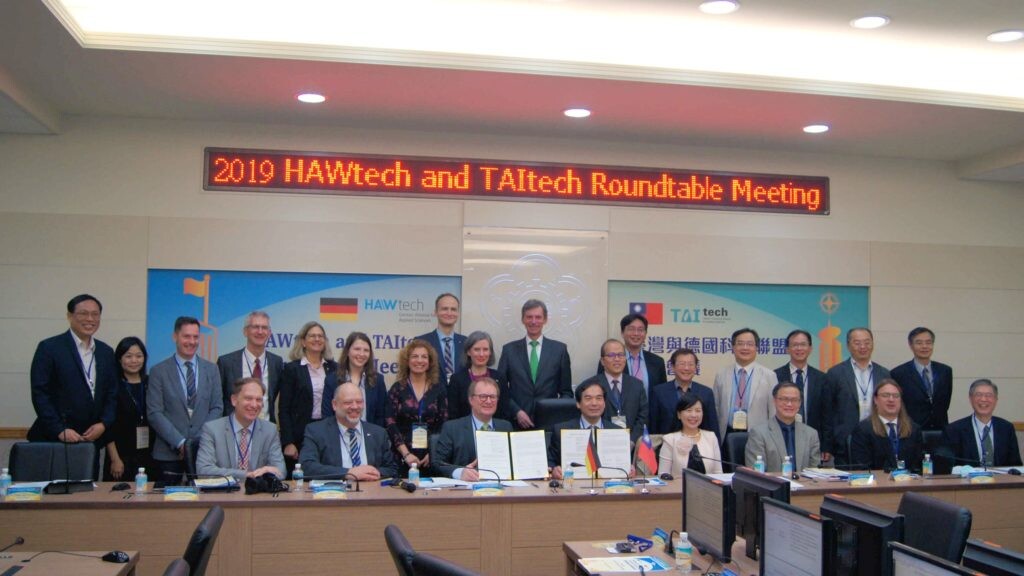
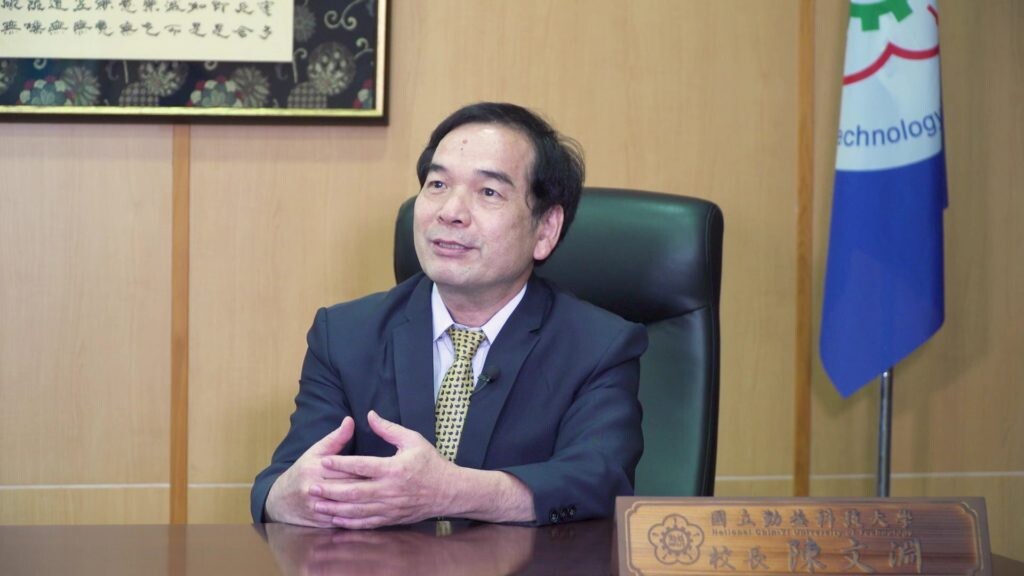
With the launch of the TAItech-HAWtech Alliance, the first step for National Chin-Yi University of Technology is to begin developing students’ German language skills and establishing a highly effective German language instruction program. Students will study German in their freshman and sophomore years, while highly accomplished German students will prepare for their exchange by further improving their English language skills. In the third year, students from Taiwan will be sent to Germany for academic classes and industry internships. In their fourth year, students will systematically proceed through double-degree programs. The instructors assigned to this program will receive a 50% hourly pay raise along with a monthly stipend for class activities to improve interaction with students outside of class. Students selected to go to Germany on exchange also receive financial assistance. Jian, Guo-Zhang, from the Institute of Computer Science and Information Engineering, used his time as an undergraduate to participate in elite German language classes to improve his language skills. As an exchange student at the Dresden University of Applied Sciences, he studied in Germany for six months. “The most memorable part of the experience was my weekly meetings with my German professors to discuss my progress on our collaborative projects. In the future, I hope to return to Germany for work.”
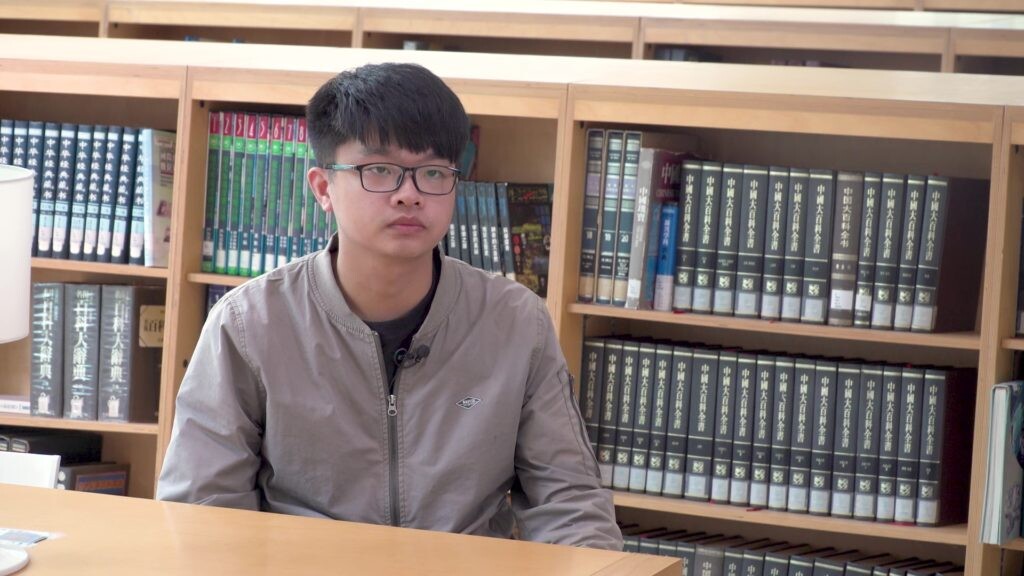
With each institution specializing in certain domains and areas of expertise, the Alliance allows schools to pool resources and provide mutual support to extend their global reach. “On their own, individual institutions are limited in terms of what they can achieve,” says Dean of International Affairs Huang, Shih-Yen. “Through collaboration, the alliance creates a force multiplier, resulting in a much greater impact.” As an example, he mentioned the Alliance’s intention to develop international mobility courses. Such a program would be difficult for schools to implement individually, but these challenges can be overcome through collaboration within the Alliance. Also, the Alliance helps encourage individual schools to increase the scope of their exchange operations. Where individual schools might only send one or two students on exchange, the Alliance creates a network effect that raises interest and intention to expand exchange operations. Of course, bilateral communications are still essential, and faculty communicate with their counterparts not only through Office of International Affairs, but also Academic Departments directly.
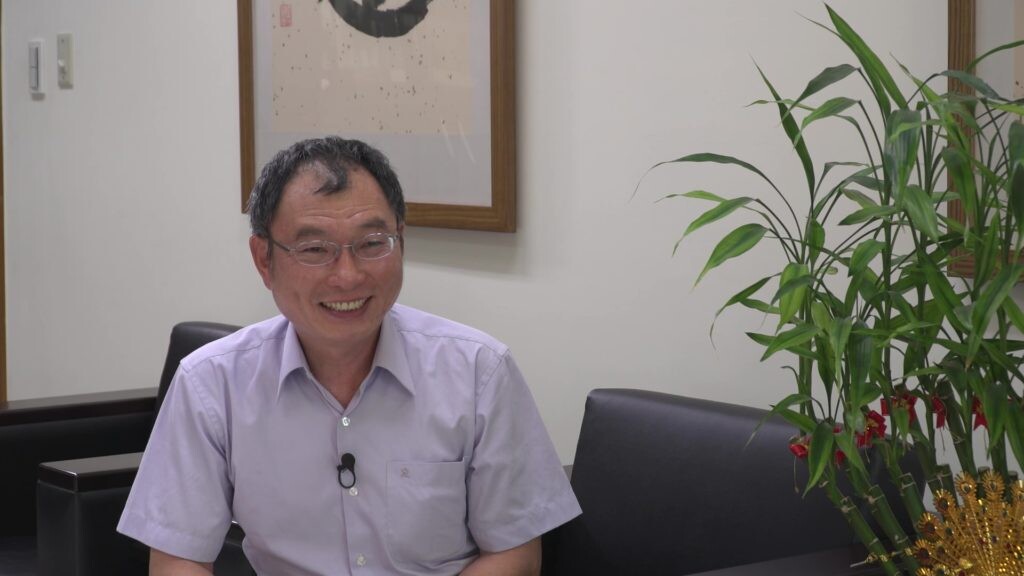
Prof. Peng, Jimmy K. F., who led a group to visit the German sister schools last year, said the visit left an indelible impression on the visitors. They found that their German counterparts were all employed immediately upon graduation, and that their training left them well prepared. “By visiting the school laboratories and the campus F1 racing team, we got to experience how industrial technology education is implemented on campus and how students are taught to put their learning directly into practice in industry. The training process is based on competition, and students develop employment competitiveness and mobility through the process.”
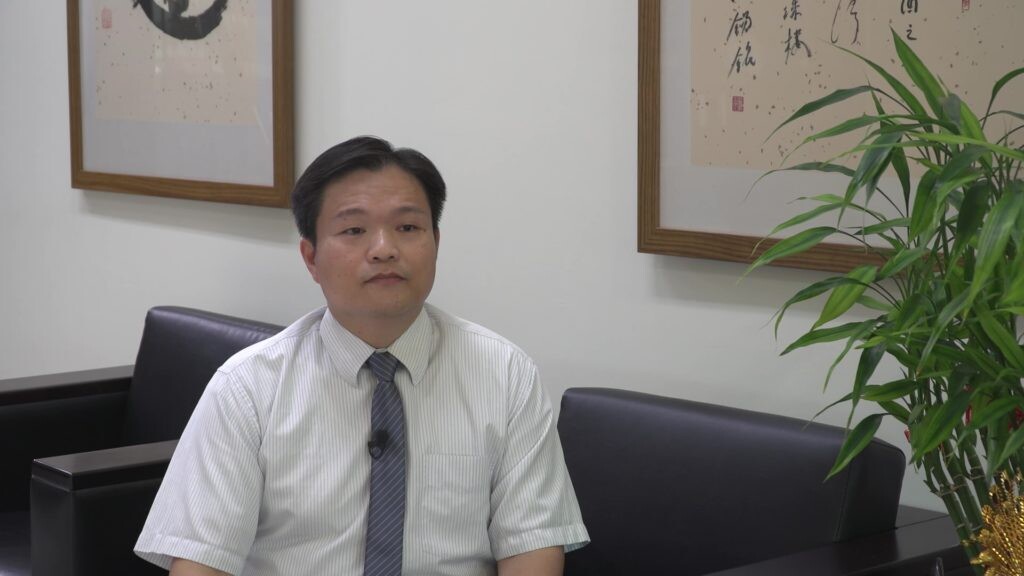
Zhu, Jia-Xin, a student from the Department of Business Administration who spent a semester at the Dresden University of Applied Sciences, originally developed her interest in Germany through a German language elective course. Her six-month exchange helped her make a significant breakthrough in communicating with students from different cultural backgrounds. “In the classroom, we had to take the initiative to communicate with our peers, and that process helped me develop confidence which made me more willing to take that initiative.”
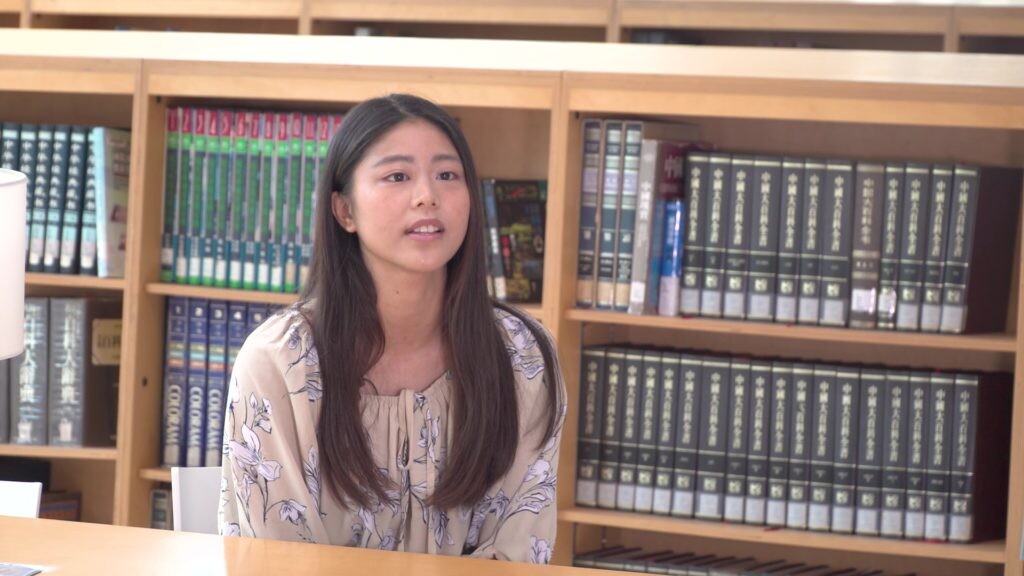
Syu, Jia-Wei, from the Department of Cultural and Creative Industries, participated in a delegation visiting Aachen University of Applied Sciences, Karlsruhe University of Applied Sciences and Esslingen University of Applied Sciences. Based on her experiences, she encouraged current students to leverage their own experiences on campus to find opportunities to go abroad on exchange.
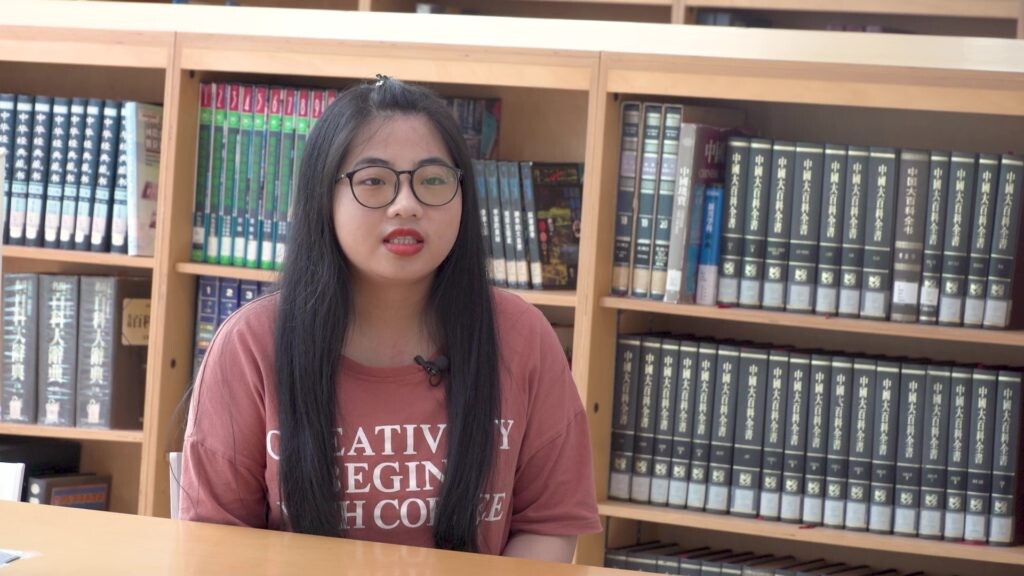
Finally, speaking on the benefits the Alliance brings to member schools, President Chen said, “Germany has been a pioneer in integrated education, and their participation in this project clearly demonstrates the importance of the Alliance.” He emphasized that a top-down implementation approach is the key to successful cooperation, with National Chin-Yi University of Technology leveraging its participation in the Alliance and its position as an internationally recognized center for technical instruction to establish a solid foundation for global industry-university linkages, while cultivating German approaches to technology in its students.
Strategic alliances among universities have existed for many years and in diverse forms. This type of active collaboration allows institutions to effectively leverage their resources and create new opportunities. With the development of globalization and transnational collaboration, domestic university alliances have expanded abroad to establish system-to-system links. One example can be found in the TAItech-HAWtech Alliance. On the Taiwan side, the TAItech alliance was established in 2017 among six universities including National Formosa University, National Kaohsiung University of Science and Technology, National Yunlin University of Science and Technology, National Chin-Yi University of Technology, National Taipei University of Technology, and National Taiwan University of Science and Technology. This alliance subsequently established an international alliance with Germany’s HAWTech system.
The German HAWtech Alliance was established in 2009 by six of that country’s most prominent universities of applied science and technology: Aachen University of Applied Sciences, Berlin University of Applied Sciences, Darmstadt University of Applied Sciences, Dresden University of Applied Sciences, Esslingen University of Applied Sciences and Karlsruhe University of Applied Sciences. In July 2017, Dr. Marcus Maumann, President of the HAWtech alliance, visited Taiwan at the invitation of the Ministry of Education and signed a memorandum of understanding to establish the alliance with Dr. Liao Ching-Jong, President of National Taiwan University of Science and Technology and chairman of the TAItech Alliance.
“Starting the coming year, we will be implementing this collaboration”, said the President of National Chin-Yi University of Technology, Chen, Wen-Yuan, who serves as chairman of the TAItech Alliance. In March 2019, the two parties held the first HAWtech-TAItech Roundtable Meeting at National Chin-Yi University of Technology. The conference produced a signed MOU covering student exchanges, corporate internships, research collaboration, summer schools and short-term study programs.

HAWtech-TAItech Roundtable Meeting was held at National Chin-Yi University of Technology on March 6, 2019
Industrial clusters in enterprise chains attract German cooperation
In regards to the Taiwan-Germany collaboration, President Chen said, “German education leads the world in terms of industrial technology, and Taiwan must learn from their rigorous and pragmatic approaches to education.” Raising the example of National Chin-Yi University of Technology, President Chen noted that the school’s central Taiwan location positions it in the middle of the world’s greatest concentration of the precision machinery industry, and has established collaborations with over 500 manufacturers in the surrounding area. German tech students need to pursue industrial internships, and the industry-academic collaboration in this industrial cluster is highly attractive to German students. “Technical and vocational training is pragmatic and systematic,” said President Chen, emphasizing the centrality of pragmatism to technical and vocational education. In this spirit of pragmatism, President Chen noted that these roundtable discussions with his German counterparts is the primary task for his two year Alliance chairmanship, with the aim to negotiate and officially launch specific collaboration projects.
Prof. Chen, Wen-Yuan, President, National Chin-Yi University of Technology
Pragmatic collaboration is the key to a successful alliance
With the launch of the TAItech-HAWtech Alliance, the first step for National Chin-Yi University of Technology is to begin developing students’ German language skills and establishing a highly effective German language instruction program. Students will study German in their freshman and sophomore years, while highly accomplished German students will prepare for their exchange by further improving their English language skills. In the third year, students from Taiwan will be sent to Germany for academic classes and industry internships. In their fourth year, students will systematically proceed through double-degree programs. The instructors assigned to this program will receive a 50% hourly pay raise along with a monthly stipend for class activities to improve interaction with students outside of class. Students selected to go to Germany on exchange also receive financial assistance. Jian, Guo-Zhang, from the Institute of Computer Science and Information Engineering, used his time as an undergraduate to participate in elite German language classes to improve his language skills. As an exchange student at the Dresden University of Applied Sciences, he studied in Germany for six months. “The most memorable part of the experience was my weekly meetings with my German professors to discuss my progress on our collaborative projects. In the future, I hope to return to Germany for work.”
Jian, Guo-Zhang from Institute of Computer Science and Information Engineering was an exchange student at the Dresden University of Applied Sciences
Collaboration as a force multiplier, strengthening institutional international influence
With each institution specializing in certain domains and areas of expertise, the Alliance allows schools to pool resources and provide mutual support to extend their global reach. “On their own, individual institutions are limited in terms of what they can achieve,” says Dean of International Affairs Huang, Shih-Yen. “Through collaboration, the alliance creates a force multiplier, resulting in a much greater impact.” As an example, he mentioned the Alliance’s intention to develop international mobility courses. Such a program would be difficult for schools to implement individually, but these challenges can be overcome through collaboration within the Alliance. Also, the Alliance helps encourage individual schools to increase the scope of their exchange operations. Where individual schools might only send one or two students on exchange, the Alliance creates a network effect that raises interest and intention to expand exchange operations. Of course, bilateral communications are still essential, and faculty communicate with their counterparts not only through Office of International Affairs, but also Academic Departments directly.
Prof. Huang, Shih-Yen, Dean, Office of International Affairs, National Chin-Yi University of Technology
Competitive training to develop employability and mobility
Prof. Peng, Jimmy K. F., who led a group to visit the German sister schools last year, said the visit left an indelible impression on the visitors. They found that their German counterparts were all employed immediately upon graduation, and that their training left them well prepared. “By visiting the school laboratories and the campus F1 racing team, we got to experience how industrial technology education is implemented on campus and how students are taught to put their learning directly into practice in industry. The training process is based on competition, and students develop employment competitiveness and mobility through the process.”
Prof. Peng, Jimmy K. F., Head, Education Unit, Office of International Affairs, National Chin-Yi University of Technology
Zhu, Jia-Xin, a student from the Department of Business Administration who spent a semester at the Dresden University of Applied Sciences, originally developed her interest in Germany through a German language elective course. Her six-month exchange helped her make a significant breakthrough in communicating with students from different cultural backgrounds. “In the classroom, we had to take the initiative to communicate with our peers, and that process helped me develop confidence which made me more willing to take that initiative.”

Zhu, Jia-Xin from Department of Business Administration was an exchange student at the Dresden University of Applied Sciences
Syu, Jia-Wei, from the Department of Cultural and Creative Industries, participated in a delegation visiting Aachen University of Applied Sciences, Karlsruhe University of Applied Sciences and Esslingen University of Applied Sciences. Based on her experiences, she encouraged current students to leverage their own experiences on campus to find opportunities to go abroad on exchange.

Syu, Jia-Wei from the Department of Cultural and Creative Industries participated in visiting tour
Finally, speaking on the benefits the Alliance brings to member schools, President Chen said, “Germany has been a pioneer in integrated education, and their participation in this project clearly demonstrates the importance of the Alliance.” He emphasized that a top-down implementation approach is the key to successful cooperation, with National Chin-Yi University of Technology leveraging its participation in the Alliance and its position as an internationally recognized center for technical instruction to establish a solid foundation for global industry-university linkages, while cultivating German approaches to technology in its students.


